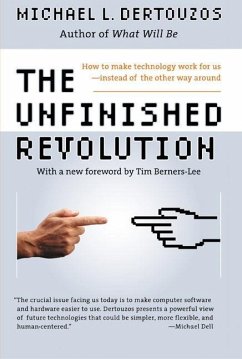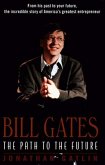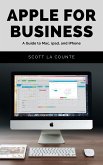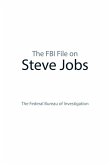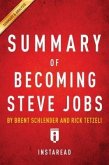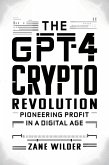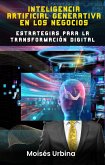At its core, Dertouzos' manifesto is this: Simplify the use of technology to the point where it works FOR us rather than having it dictate the way we live and work. This book is about getting to the point where computer fads give way to a true Information Revolution. To get there, we must abandon our current preoccupation with machine complexities and set a goal that is as simple as it is powerful: Information technology should help people do more by doing less.
Dertouzos offers a look at the future and place of technology in everyday life: Where would a world of truly easy to use technology lead the human race? How might people change their way of life and work, their politics, their self perception and their quest for the meaning of life in such an environment?
Dieser Download kann aus rechtlichen Gründen nur mit Rechnungsadresse in A, B, BG, CY, CZ, D, DK, EW, E, FIN, F, GR, HR, H, IRL, I, LT, L, LR, M, NL, PL, P, R, S, SLO, SK ausgeliefert werden.

